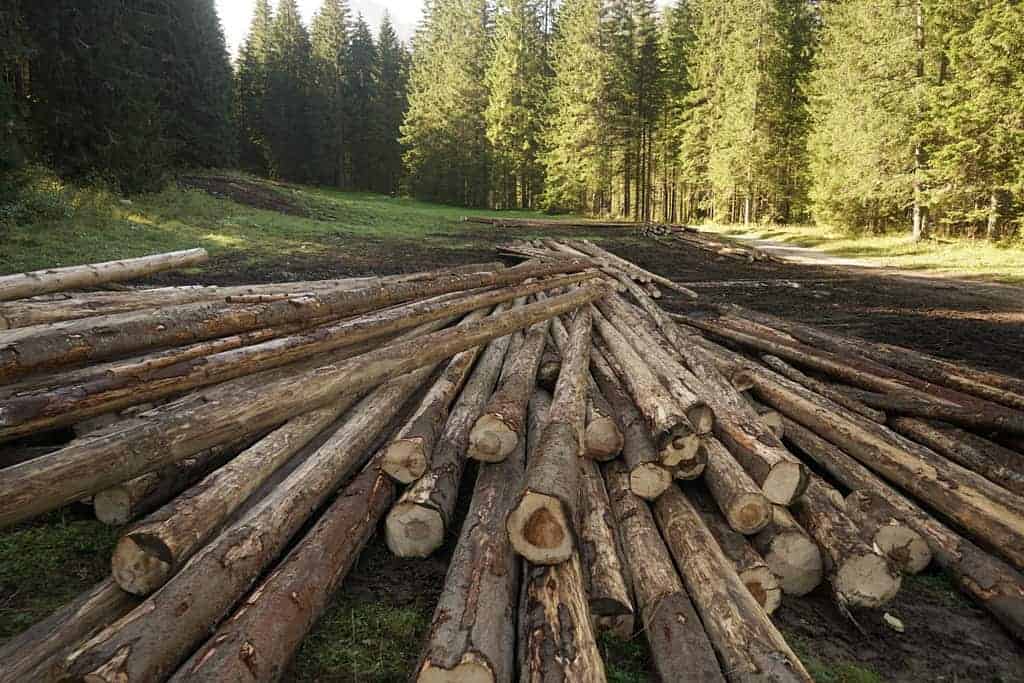Open letter from Slovak Scientific Societies to the President, Government, and National Council of the Slovak Republic Regarding the State of Environmental Protection in Slovakia
Dear Mr. President, Dear Prime Minister, Dear Members of the Government, Dear Members of Parliament, We, representatives of the scientific community, united under the undersigned professional societies, are reaching out to express our profound concern about the current state of nature conservation and environmental protection in Slovakia. We are convinced that the current leadership of…
Read more









